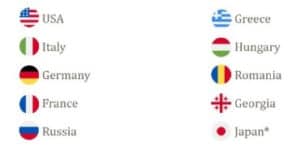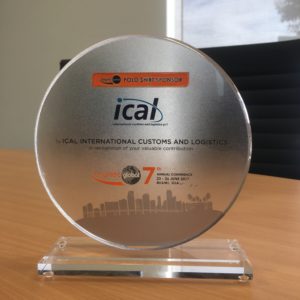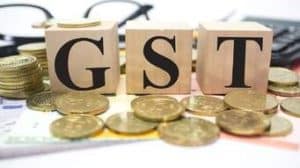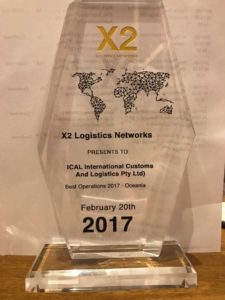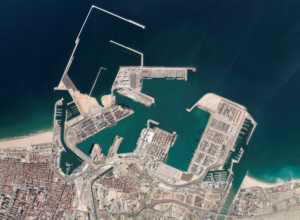The Trans-Pacific Partnership
Just over a year after US President Donald Trump withdrew from the TPP, the remaining countries have signed the agreement in Chile, with hope to ratify it by 2019.
Whilst there has been criticism on the overlap between Australia’s existing free trade agreements, we currently have agreements in place with eight of the 10 other TPP members, it will have a big impact on Australian importers and exporters, some advantages include:
· Opening up of the Canadian and Mexican markets
· Easier certification requirements, it will be easier to qualify for lower duty rates under the TPP than under Australia’s existing free trade agreements.
· New Countries are able to join, the more countries that join, the more likely the TPP could become the default free trade agreement.
· One of the biggest benefits appears to be for farmers, the elimination on dairy products into Japan will be a highlight as in the past, the US has been a real cost competitor.
The TPP may also weaken the advantage Australia had over other countries, for example, not all TPP members had existing agreements with Japan. The entry of the TPP will mean Australia will again be on level pegging with other TPP members.
We will continue to monitor the progress of the agreement and once further information is available, we will be able to review and recommend options for our clients importing or exporting to/from a TPP member country.
Brown Marmorated Stink Bug (BMSB) Risk Season
The department of agriculture have now introduced further measures to control the risk of cross contamination of containers and other goods. Effective from March 15th, any containers arriving from Italian ports and containing goods originating from Italy, shipped as LCL consignments will be held by the department under biosecurity control at the wharf. The new measures now apply to goods of Italian origin that ship from other countries to Australia. Containers of LCL consignments will require treatment at either the wharf or an approved arrangement site. The measures will be in place till the end of BMSB risk season, which is goods shipped until the 30th of April 2018 inclusive.
We would like to remind our clients about the measures being introduced and encourage those importing from Italy to be familiar with the requirements and for those who import from Europe to be aware that the next risk season may affect your imports. For further information regarding the requirements, please contact your ICAL representative. In the meantime, we will continue to monitor and update of changes made by the department of agriculture.
X2 Best Sales Award
Earlier this year, our directors attended the annual X2 conference in Thailand. During the conference, ICAL received the ‘Best Sales’ award in the Oceania region. The X2 network allows ICAL to connect with logistic companies globally, not only to expand our service offerings but to ensure we are working with reputable logistics providers worldwide.

